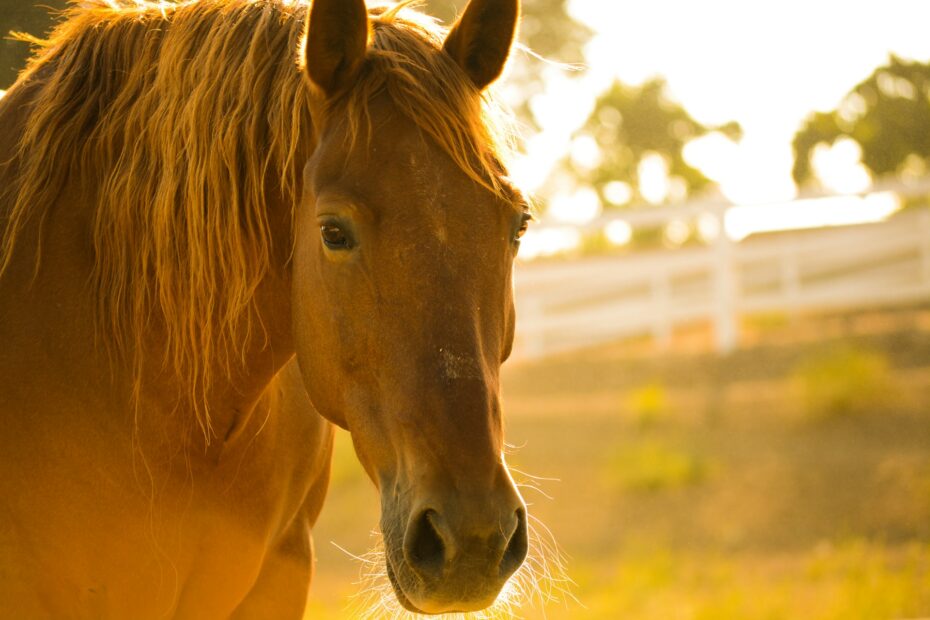Hello all – my recipe post for low sugar/starch horse treats has been popular with you, so today, I’d like to share additional healthy treat choices you might be interested in. I’ll begin by saying, I’m not an equine nutritionist by any stretch, but I am a good student and exhaustive researcher when the topic is important to me.
My motivation is a 26 year old draft cross. Truth be told, he came into my life at six years of age; and, he was metabolically challenged at our first meet and greet. I confess I didn’t have much equine experience at that point; and if I had, I might have walked away. But, I’m glad (and proud) I didn’t, as he has enriched my life in ways I can never repay. Below, is quick peek at my best friend and inspiration. If you’re joining me today, I’m sure you have your own – share a photo with us!
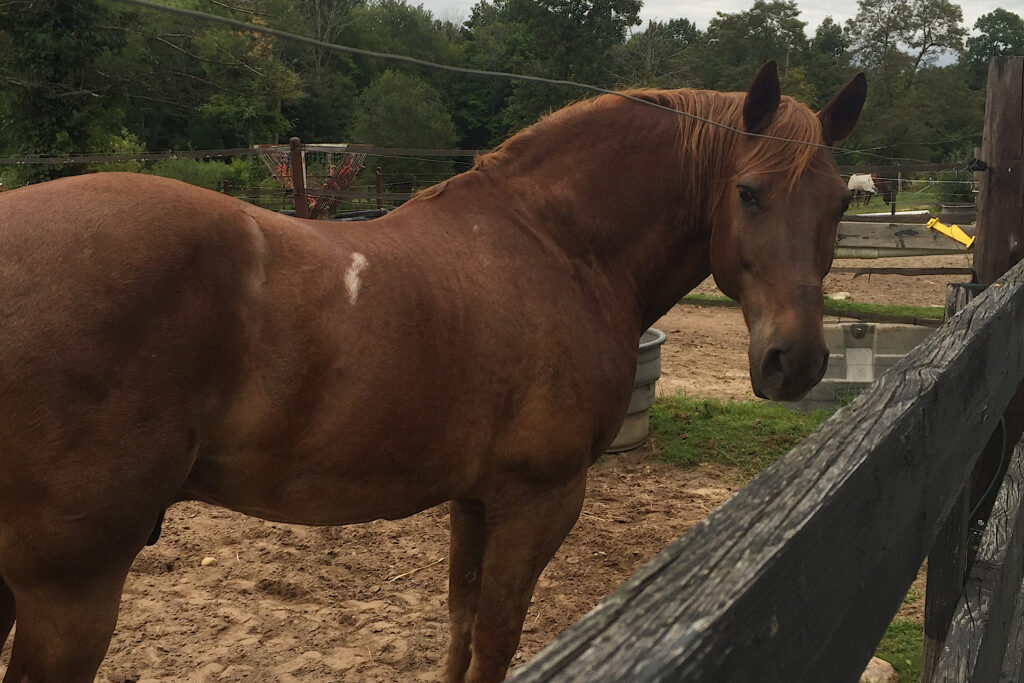

Why You Might Consider Low Sugar/Starch Options
There are a number of equine metabolic conditions that require low sugar/starch horse treat and feed choices. I’ve listed some below. All of them have dietary considerations in their treatment plans. I’ve provided links if you’d like to explore:
- Equine Metabolic Syndrome (EMS)
- Insulin Resistance (IR)
- Laminitis / Founder
- Cushings Disease (PPID)
- Polysaccharide Storage Myopathy (PPSM)
- Equine Polysaccharide Storage Myopathy (EPSM)
In full transparency, I do not feed treats on a daily / regular basis. If you’re partnered with a horse requiring special dietary considerations, you may not either. That being said, there are occasions when we like to share a treat or two with our horses; whether it be for training purposes or pure pleasure reasons. When I do this, I like to ensure that whatever treat I’m sharing will compliment healthy feed guidelines.

Treat Choices – Nutrition & Science
I’ve done quite a bit of research on items that fall into the low sugar/starch horse treat category. I’ll share them below so you can cut down on the time required to gather your own reputable sources of information.
The goal is for treats to be less than 10% ESC + starch combined (with starch being less than 4%). ESC stands for ethanol-soluble carbohydrates. This is a subclass of WSC (water soluble carbohydrates) and measures only simple sugars and short-chain polysaccharides.
Not only am I not a nutritionist, I am also not a scientist. I need to rely on trusted sources to dissect the carbohydrate and starch equation for me when it comes to treats and feed. The treat lists below (both natural and packaged choices) have the aforementioned less than 10% ESC + starch goal in mind. They are recommended by ECIR Group (Equine Cushings and Insulin Resistance Group). I’ll provided a link to them in the Trusted Resources section below.
It is also important to mention that ECIR notes that these treats should be given by a small handful, not a cup full.
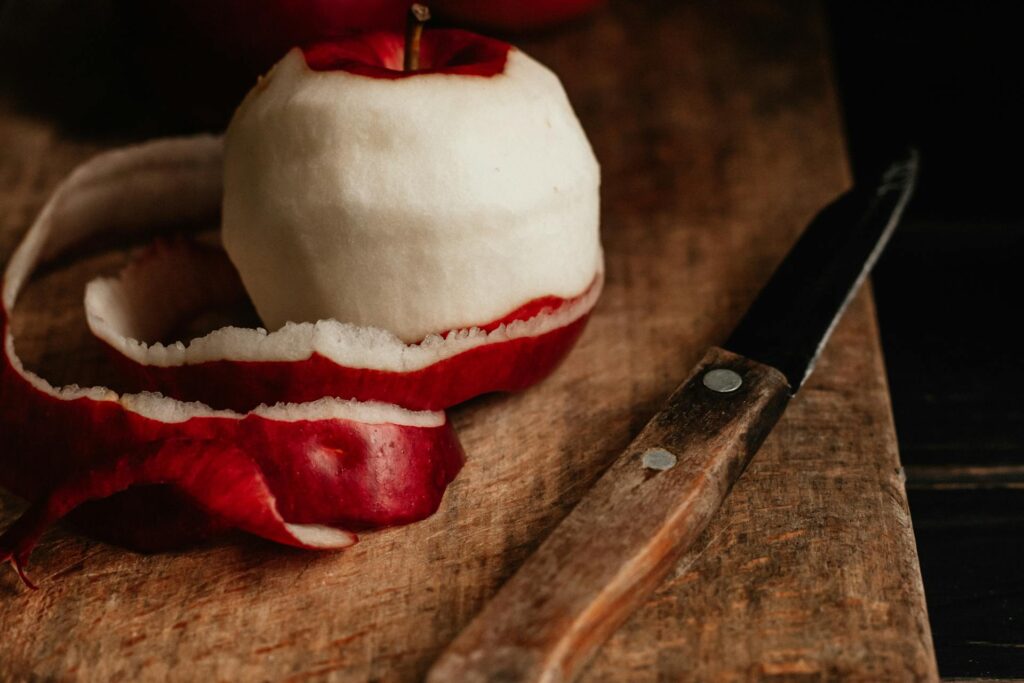
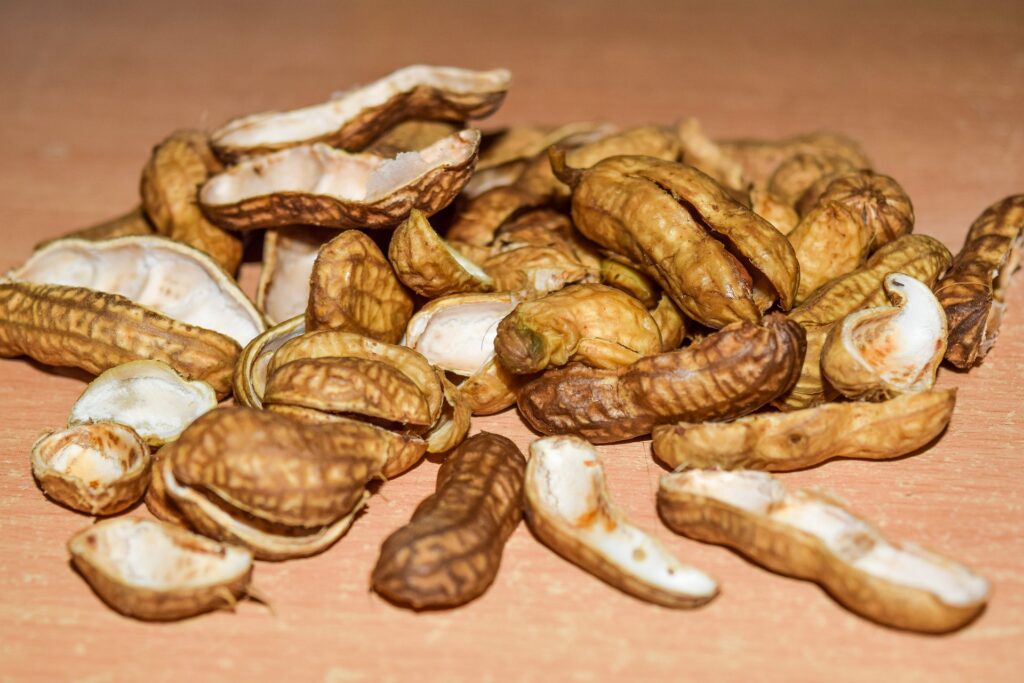
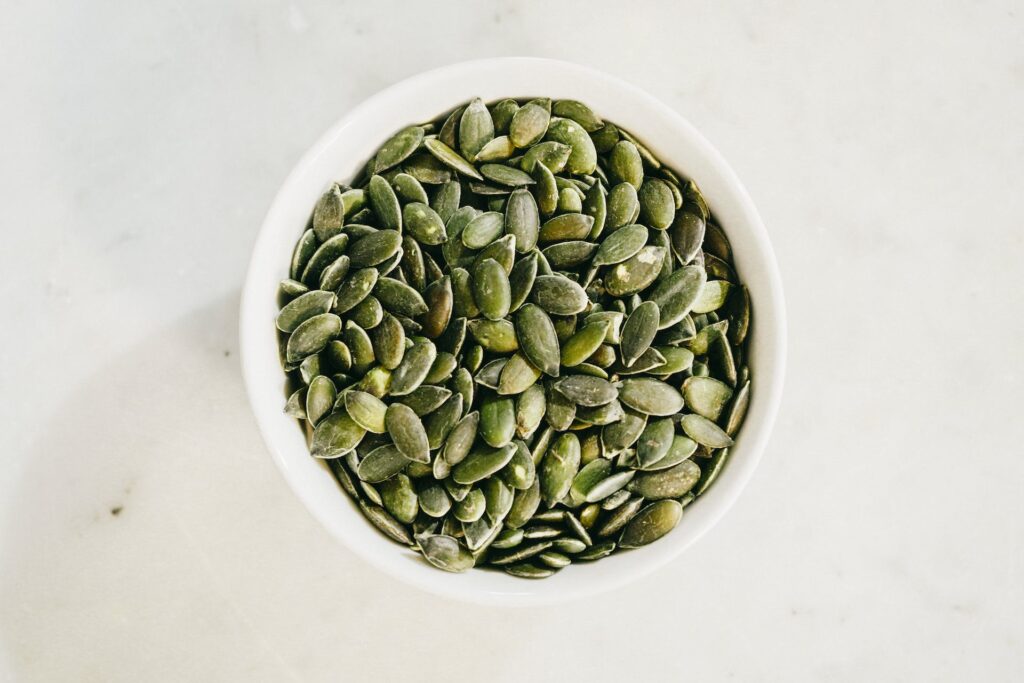
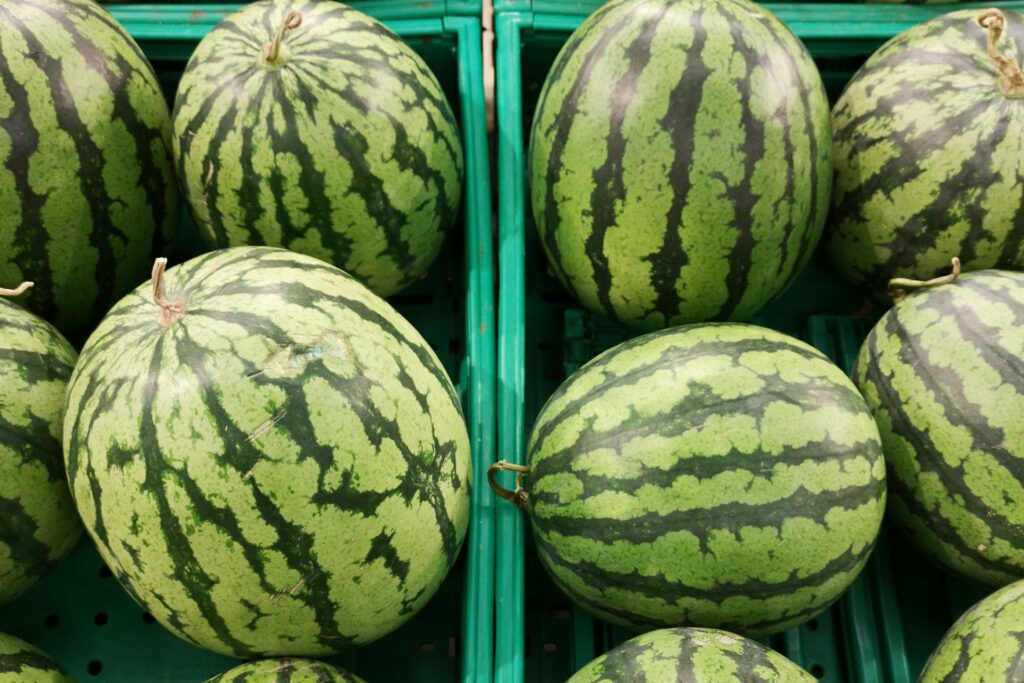
Natural Low Sugar/Starch Horse Treat Choices
- apple or pear peels (peels only, not the fruit’s flesh)
- peanut shells (not the peanuts)
- pumpkin seeds (shells removed)
- melon rind (with very little fruit attached)
- lettuce (no cabbage!)
- cucumbers
- green beans
- pods from snow/snap peas (peas should be removed from the pods)
- summer, yellow, pattypan crookneck squash
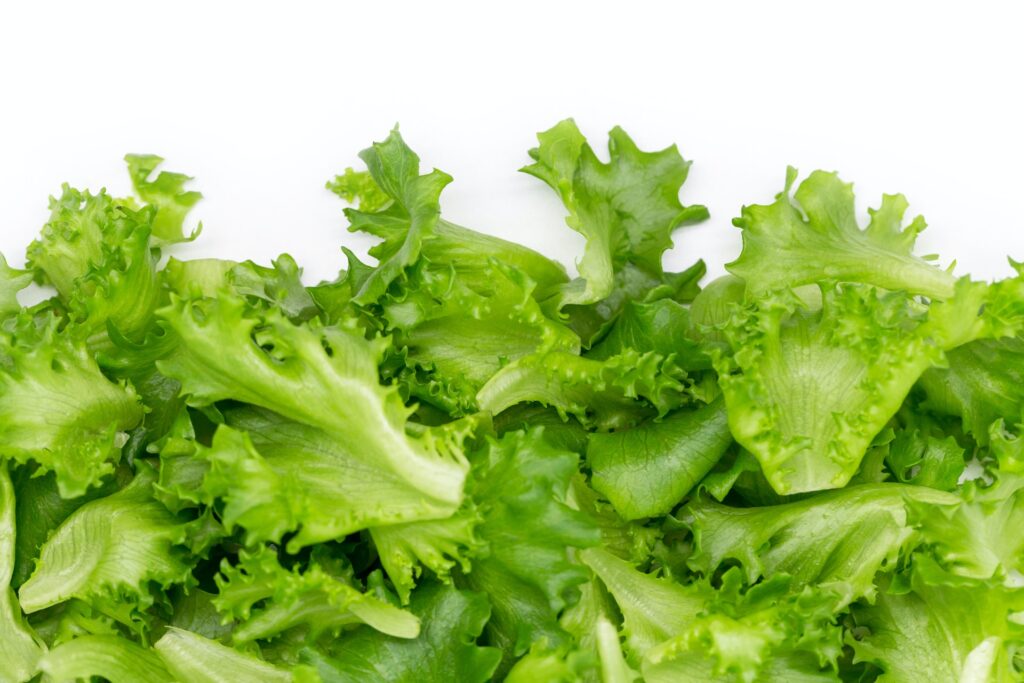
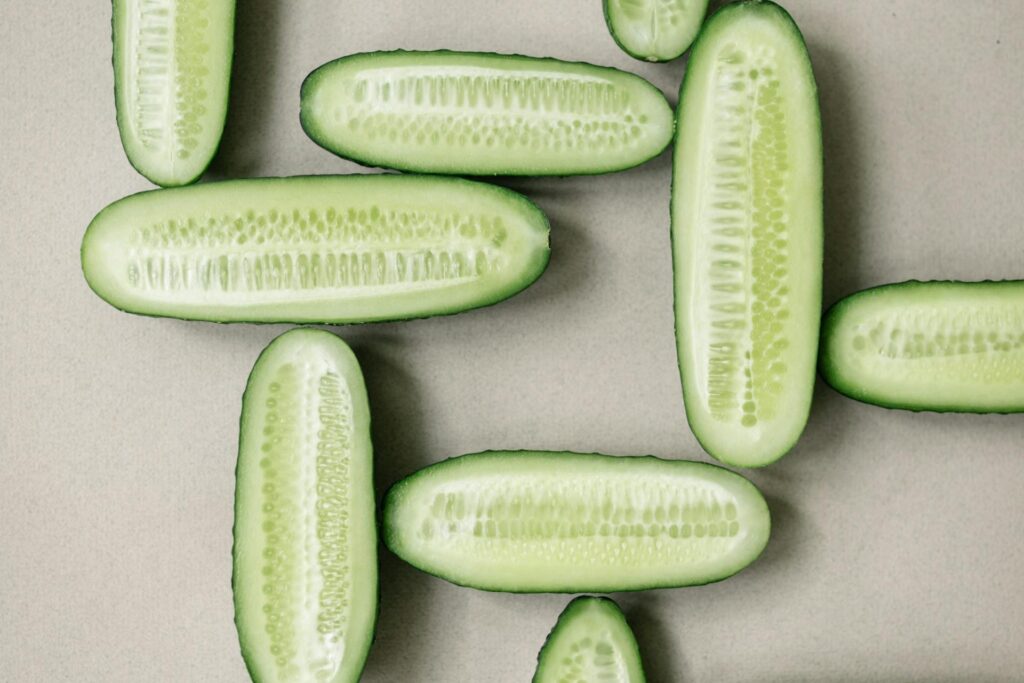
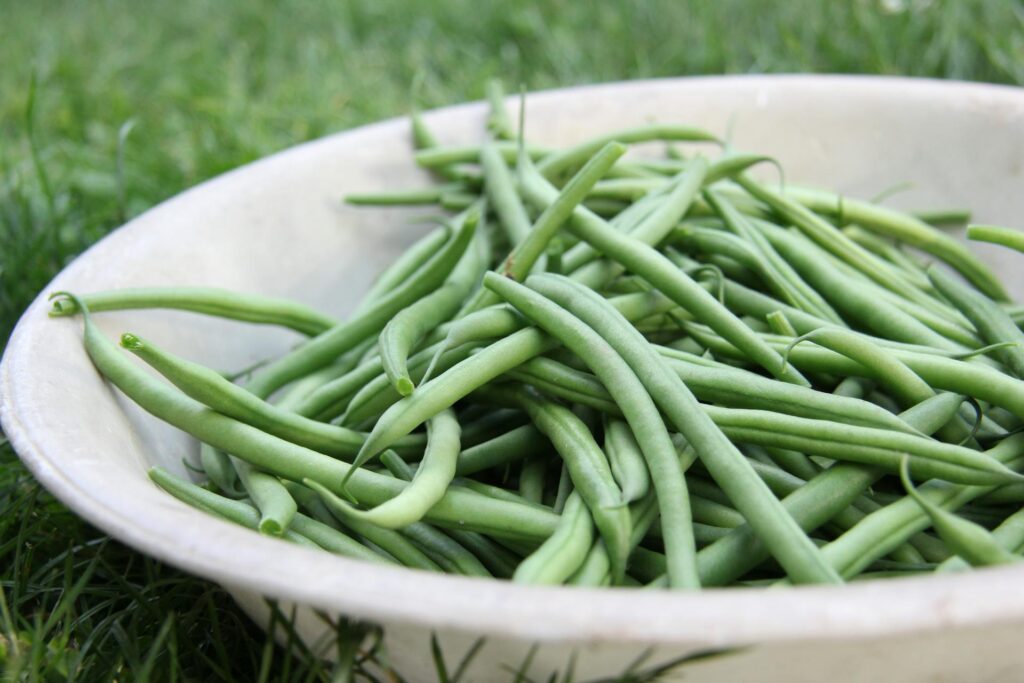
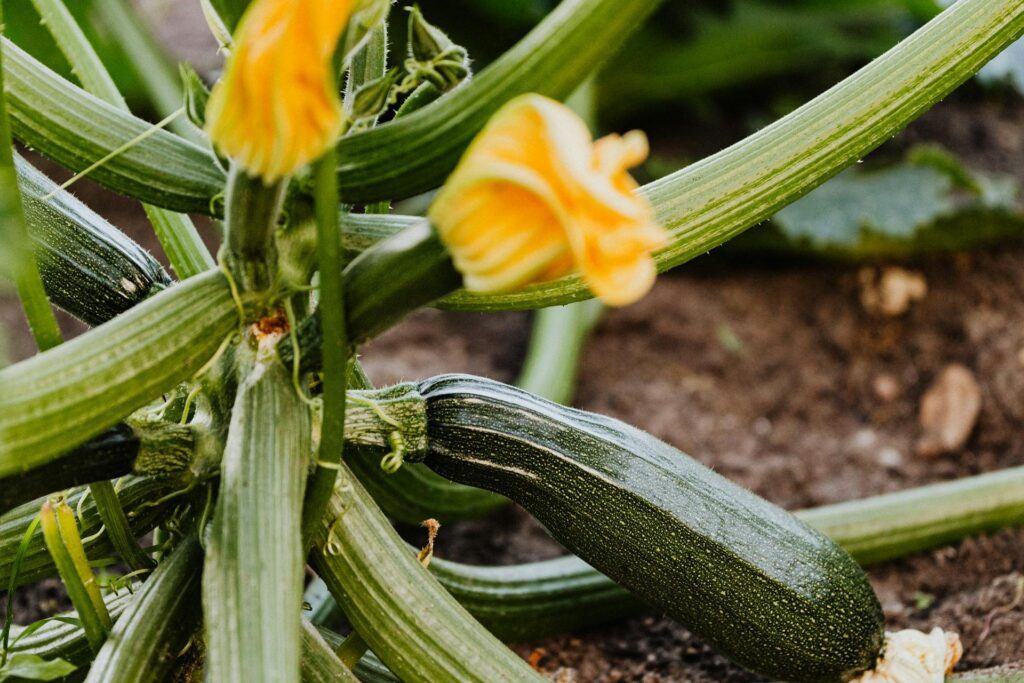
Packaged Low Sugar/Starch Horse Treat Choices
- BEET-E-BITES
- Nuzu Stabul Nuggets
- Ontario Dehy Timothy Balance Cubes
- Triple Crown Timothy Balance Cubes
- Uckele Equi-Treats
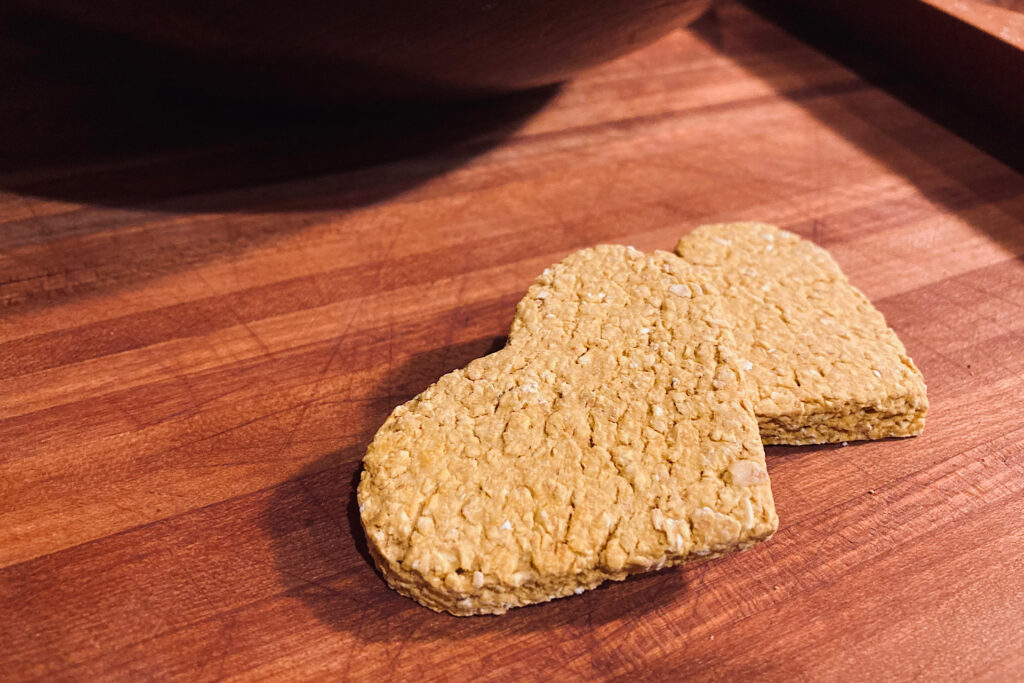
Trusted Resources
I have chosen only trusted resources to gather information regarding any low sugar/carb horse treat I’m going to offer. You can check out my resource links to see if you agree and if these choices feel right for your particular equine partner and their situation. I’ll share a few of my research strategies below:
Your vet
This is your first and most valuable resource. When in doubt, ask your horse’s health care provider. A visit is not always necessary, sometimes a phone call will suffice.
Reputable Online Sources
Before exploring .com sites, I always set my foundation upon university/educational institution research (.edu or .org) You’ll notice my metabolic conditions list above follows that rule.
Metabolic- or Breed-Specific Groups
These are your people. I mentioned that the treat suggestions above came from the Equine Cushings and Insulin Resistance Group. They have an informative site as well as an ECIR group you can join. As you network, you’ll also get to know people who have already made the journey you are on and may be able to share helpful information about their experience. This is how I came upon a recommendation for a compound Pergolide medication through a company called Thriving Pets. It has been a significant cost savings for me and I have had success with the product. This is, however, a decision that should involve your vet to determine if it is a viable option for your horse.
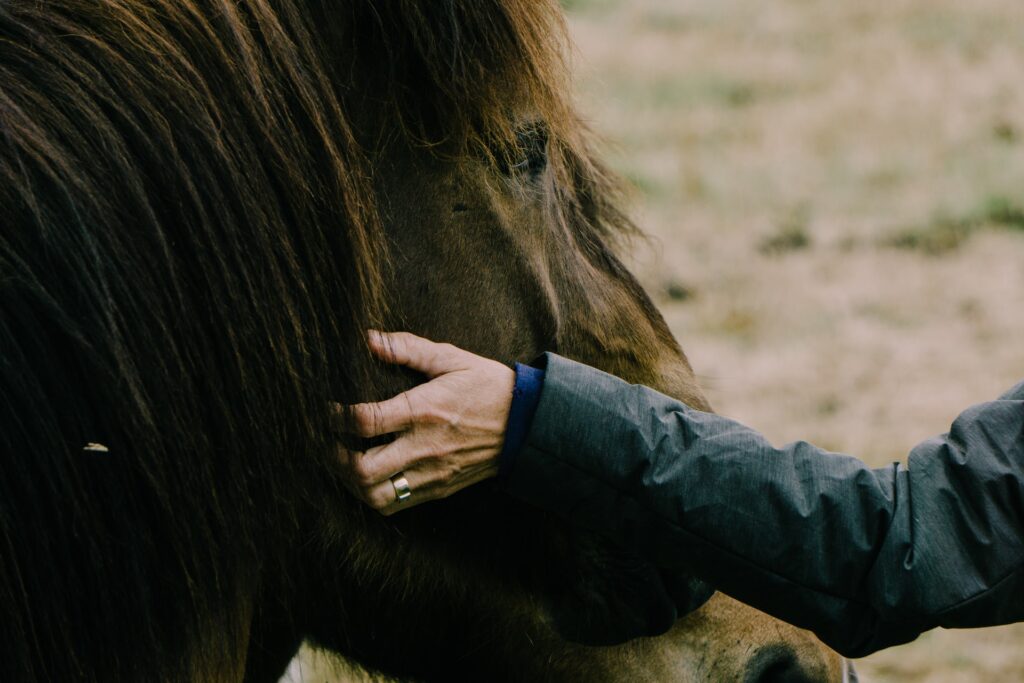
Trust Yourself
If you’ve been in the horse world long enough, you have discovered that there are many self-proclaimed “experts” out there! Choose your resources wisely. For example, I have reviewed dozens of online recipes for low sugar/starch horse treats that rely on generous amounts of apples, carrots, molasses and even table sugar in their ingredient lists. You’ve got to dig deeper to find what you’re looking for. Find the facts that back up the results you are trying to achieve.
You may also run across articles or individuals who will disagree with your choices and make you question yourself. You and your vet know your horse better than anyone else out there. Trust in that judgement and the information you have gleaned from reputable resources to back you up.

Related Posts
You may also be interested in this recipe for homemade low sugar/carb horse treats. It is recommended by the Veterinary Medical Center of Easton, Maryland. The recipe was tested at Equi-Analytical Lab. It tested extremely low in starch and simple sugars. Non-Structural Carbohydrates (NSC) tested at 2.4.
Share your thoughts in the comments –
We’d love to hear from you!
Good luck in your journey –
love, Laura and Hercules!

